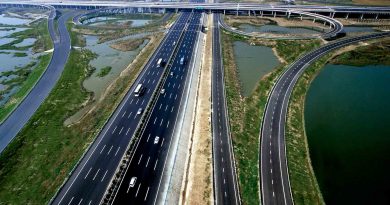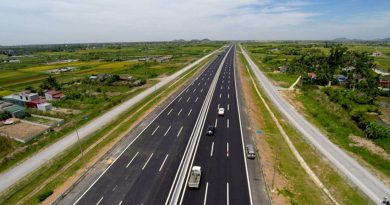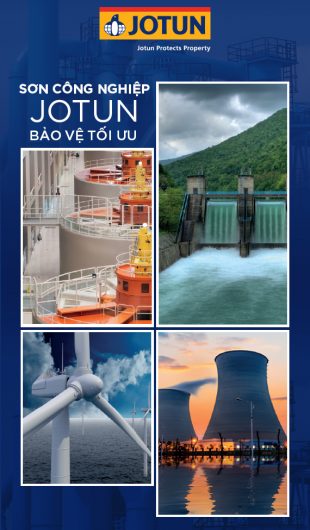Gov’t eyes private investment in railways
At a meeting a fortnight ago Minister of Transport Dinh La Thang revealed that property giant Vingroup had offered to buy Ha Noi, Sai Gon, and Da Nang railway stations and replace them with modern stations elsewhere in the three cities to ease pressure on their downtown areas. Similarly, a representative of the Sun Group said the company wanted to buy key railway routes like Ha Noi-Da Nang, Sai Gon-Da Nang, and Ha Noi- Lao Cai.
Such plans by private companies to invest in the railways are in response to the government’s policies allowing various economic sectors to invest in the rail sector to modernise it and ease the burden on public funds.
According to the Viet Nam Railway Corporation (VRC), in 2011-15 it had to spend VND7 trillion (US$352.58 million) to upgrade the network and introduce new technologies to manage the operations.
By 2020 an estimated VND2 trillion ($.93.02 million) more is needed for continued implementation of these plans and VND60 trillion ($2.79 billion) for 12 projects to modernise the main routes.
The Government’s pockets are not deep enough to be able to afford these huge sums.
Besides the shortage of funds, the railways also suffers from a lack of competition, which many insiders believe is the main factor in its poor development over the years.
The existing mechanism only allows State firms to develop rail infrastructure and offer related services, and this is where the lack of competition has an adverse effect.
The railways plans to sell to private firms the right to operate some northern routes like Lao Cai- Ha Noi-Hai Phong and Kep -Ha Long-Cai Lan and the right to develop transport infrastructure facilities. The firms will be allowed to invest in facilities to serve the transportation of goods by rail, focusing on cargo yards, storage, cargo-handling equipment, and warehouse management systems.
To ensure rail projects are attractive for the private sector, the VRC itself has drafted a preferential mechanism and policies designed to mobilise all available resources in society.
The private sector seems to perceive the great potential of the railways and the fact that it can both earn profits and help improve the sector.
But investors want the transport ministry to help tackle obstacles caused by procedures and regulations.
Some of them have asked the ministry for the right to decide train schedules and even the length of time they have to stop at stations.
They said the ministry should organise auctions in line with the current laws to sell assets or the right to operate services to investors.
Source: businesstimes









